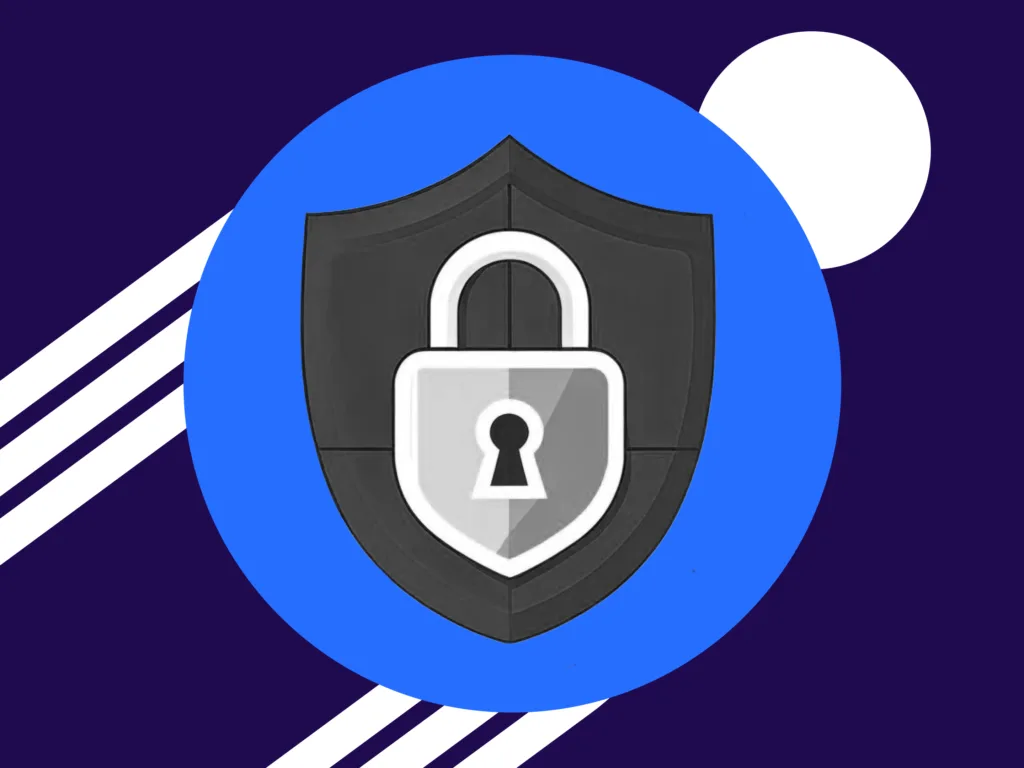21 May 2025
October Wrap-Up: Every Month is Cybersecurity Month at 5CA
Words by David Bos
Reading time 5 min

Words by David Bos
Reading time 5 min

As we have closed out Cybersecurity Month, I wanted to take a moment to reflect on the critical importance of this initiative for us as a company and for all of us as individuals.
Cybersecurity Month is a global campaign dedicated to raising awareness about digital threats and educating people on the best practices to protect themselves online. At 5CA, we make effort to focus on cybersecurity every month of the year, covering four essential pillars that can help everyone—from our team to our clients and beyond—stay safe in an increasingly digital and remote-working world.
With the rise of remote work, cybersecurity is no longer confined to the walls of an office. Our team members access systems from various locations, and this distributed environment presents both unique opportunities and unique risks. Cybercriminals are constantly evolving their tactics, and our job is to stay at least one step ahead.
The four key topics we covered this month—using strong passwords, enabling multi-factor authentication (MFA), recognizing phishing attempts, and updating software—are simple yet powerful steps that anyone can take to strengthen their online defenses.
If there’s one thing I can emphasize, it’s the importance of multi-factor authentication (MFA), which comes in as a vital line of defense. MFA adds an extra layer of security by requiring users to provide more than just a password to access an account—often a temporary code sent to a mobile device or email, or even a fingerprint.
At 5CA, we’ve made MFA mandatory for all employees accessing our systems, and I highly encourage everyone to do the same for their personal accounts. Enabling MFA significantly reduces the risk of unauthorized access, even if your password is compromised. The idea is simple: an additional step that makes it much harder for a cybercriminal to gain access to your data.
Next to MFA, please use unique and strong passwords in combination with a password manager. Weak passwords are the most common way for cybercriminals to gain unauthorized access to accounts, which can quickly lead to data breaches, identity theft, and financial losses. While it’s tempting to use easily memorable passwords or the same password across multiple accounts, doing so makes you an easy target.
At 5CA, we want everyone to use password managers to generate and store complex and unique passwords securely. A password manager not only helps create strong, unique passwords for each account but also removes the burden of having to remember all passwords you are using. Think of it as a personal vault that adds a layer of security and convenience.
Phishing remains one of the most prevalent and effective tactics cybercriminals use to deceive users into disclosing personal information or downloading malware. It often starts with a simple email that appears to be from a trusted source, urging you to click on a link or download an attachment. These emails are getting increasingly sophisticated, which is why learning to recognize and report phishing attempts is crucial.
Throughout Cybersecurity Month, we shared tips on how to spot phishing emails, including checking the sender’s address, scrutinizing the email’s tone and content, and avoiding suspicious links and attachments. We also emphasized the importance of reporting any suspicious messages, both internally and to your email provider, to prevent potential security breaches. The more vigilant we are, the better we can collectively combat these deceptive tactics.
Lastly, keeping software up to date is one of the simplest yet most effective ways to protect your information. Software updates aren’t just about new features; they often contain critical security patches that address vulnerabilities cybercriminals can exploit. In a remote working environment, this is especially important because our personal devices are often used to access company resources.
Whether it’s your operating system, antivirus software, or a commonly used app, make sure updates are applied as soon as they become available. At 5CA, we encourage employees to enable automatic updates wherever possible, ensuring that devices are protected without the need for manual intervention. Every update reduces the attack surface and strengthens our collective security.
Effective cybersecurity lies in the combination of the right technology, procedures and awareness with all persons involved.
Cybersecurity is not just an IT issue; it’s everyone’s responsibility. By taking small, proactive steps—like using strong passwords, enabling MFA, recognizing phishing attempts, and keeping software up to date—we can each contribute to a safer online environment. As remote work continues to grow, these practices become even more critical, helping us protect both our personal data and the sensitive information we handle in our professional roles.
Throughout Cybersecurity Month, our goal was to equip our people with the tools and knowledge to stay vigilant and empowered in the face of digital threats. Cybersecurity isn’t just a topic for October; it’s something we need to think about year-round. I encourage each of you to take these lessons to heart, implement them in your daily routines, and continue to stay informed about emerging threats and solutions.
Thank you to everyone who participated in Cybersecurity Month and committed to Securing our World. Remember, cybersecurity is a journey, not a destination—and it’s a journey that we’re all on together. Let’s continue to protect what matters most.
Find out more on our Security approach here!
David Bos, an avid gamer and Star Wars enthusiast with over 25 years’ experience in serving global customers. Currently COO & CTO at 5CA, former Deloitte CTO and technology leader. Part-time Lecturer Amsterdam University on Data & AI and Cyber Security.
Specialized in Technology, Innovation, Data & AI, Automations and Cyber Security.